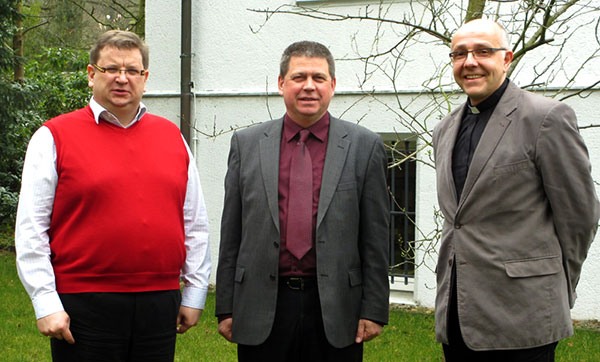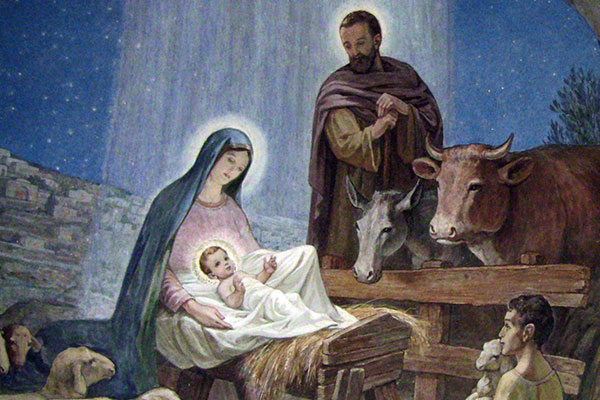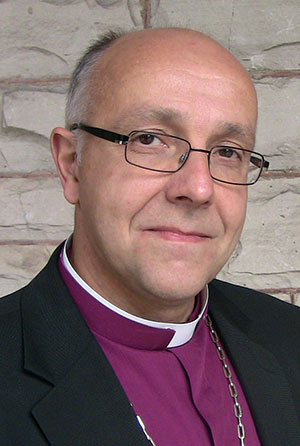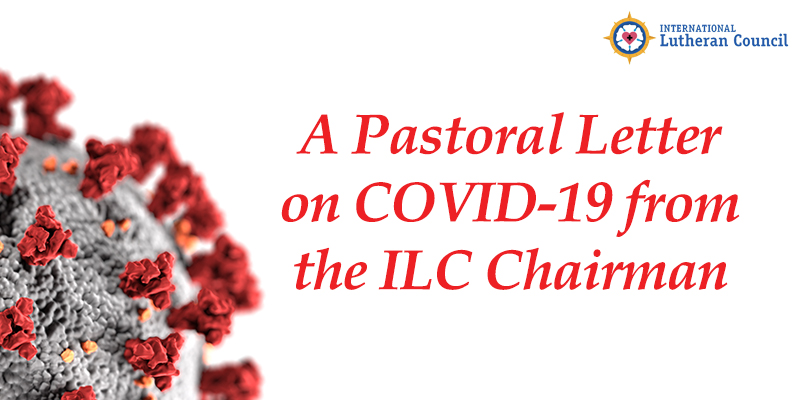
WORLD – As countries around the world grapple with the pandemic caused by the spread of the coronavirus COVID-19, the International Lutheran Council presents this pastoral letter from ILC Chairman, Rev. Hans-Jörg Voigt D.D. (Hannover), Bishop of the Independent Evangelical Lutheran Church (SELK) in Germany.
———————
In View of Human Impotence in Regard to the Spread of the Pandemic We Pray to God, the Creator and Keeper of Mankind
In Christ my dear Brothers and Sisters!
The numbers of those infected by the coronavirus COVID-19 are increasing daily. The transmission of the virus seems to spread exponentially and with it the number of those who have died.
The media are reporting extensively about all developments in the coronavirus crisis. This enables us to get all necessary information in this regard.
In light of the dangers of becoming infected, many are asking these days whether we can responsibly conduct our public worship services. Especially our celebration of Holy Communion is being questioned in regard to aspects of hygiene.
Our faith assures us that “the healing of the soul also helps the body,” as Martin Luther says of Holy Communion in the Large Catechism. And therefore in faith we properly expect salvation and healing from the Lord’s Supper. But at the same time we need to make good use of a healthy dose of our God-given human reasoning.
Therefore I propose the following for your consideration:
- 1. During these days Pastors officiating at confession and the absolution pronounced with the laying on of hands will want to make use of an additional washing of their hands.
- 2. Especially while administering the communion chalice these days great care is to be taken.
- 3. If you yourself belong to a group especially at risk you could, during the distribution of Holy Communion, restrict your reception to the Body of Christ only and decline to receive from the chalice. In that case you can be fully assured that you receive the entirety of salvation, the fullness of forgiveness, as you partake only of the life-giving body of Christ. Indicate your reception of the consecrated bread only by crossing your arms in front of your chest or by putting your hand in front of your mouth as the chalice is administered.
In some of the larger communities in various countries assemblies have been prohibited, among them the worship services. How are we Christians to deal with such a situation? Are we to “obey God more than man”?
In this case, two Christian “values and essentials” compete with one another: on the one hand the Third Commandment about keeping God’s day holy, and on the other the Fourth Commandment about obedience to lawful authority. In assessing these Christian values, we may reasonably assume that governments and health authorities have not acted on the basis of anti-Christian motives; they were rather moved to act out of care and concern for the population. And all these are restrictions of a temporary nature.
Therefore our obedience to these measure is of considerable importance for Christians. Additionally, none of us know what consequences our keeping the Third Commandment to keep the holy day would have in regard to the possibilities of spreading the infection. And even if I do not belong to a group especially at risk, I should not want to be the source of infection for anyone else. For these reasons I recommend that we follow the rules issued by the authorities and do not conduct public worship services.
Here following let me make some recommendations for such a case:
- 1. With the assistance of technically savvy parishioners the Pastor could have his sermon recorded electronically and inform the church members about the link
- 2. Pastors might want to increase their offer of private communion to the members
Obviously, none of this can fully take the place of the parish communion service. This present situation clearly indicates how precious are the means of grace that God presents to us in the worship service.
And this pandemic also show us how dependent we are on God’s help and grace. There let us not grow weary of offering up our fervent prayers.
PRAYER
Lord God, merciful Father, Creator of the world, we commend to you all those who are ill. Send them willing helpers. Grant them relief in their suffering and, if it is your will, let them be healed.
Lord Jesus, on the cross you bore for us all sickness. Strengthen those who serve in hospitals and doctors’ offices. Protect them from being infected. Let them not grow weary in their service to others.
Lord, Holy Spirit, in your mercy turn away further danger to our land and to our world. Limit all harm to our schools, our culture, our economy and politics. Guide the scientists in their work and grant their research success.
O blessed holy Trinity, Father, Son and Holy Spirit! We thank you for your gracious gifts, your Word, holy Baptism, Absolution and Communion that you to this day so richly distributed. Forgive us when we looked upon these means of grace without full appreciation and gratitude. Maintain among us our worship services, knowing that in them you seek us and lead us to life eternal Amen.
———————
Translation by Rev. Dr. Wilhelm Torgerson (Windsor, Canada)

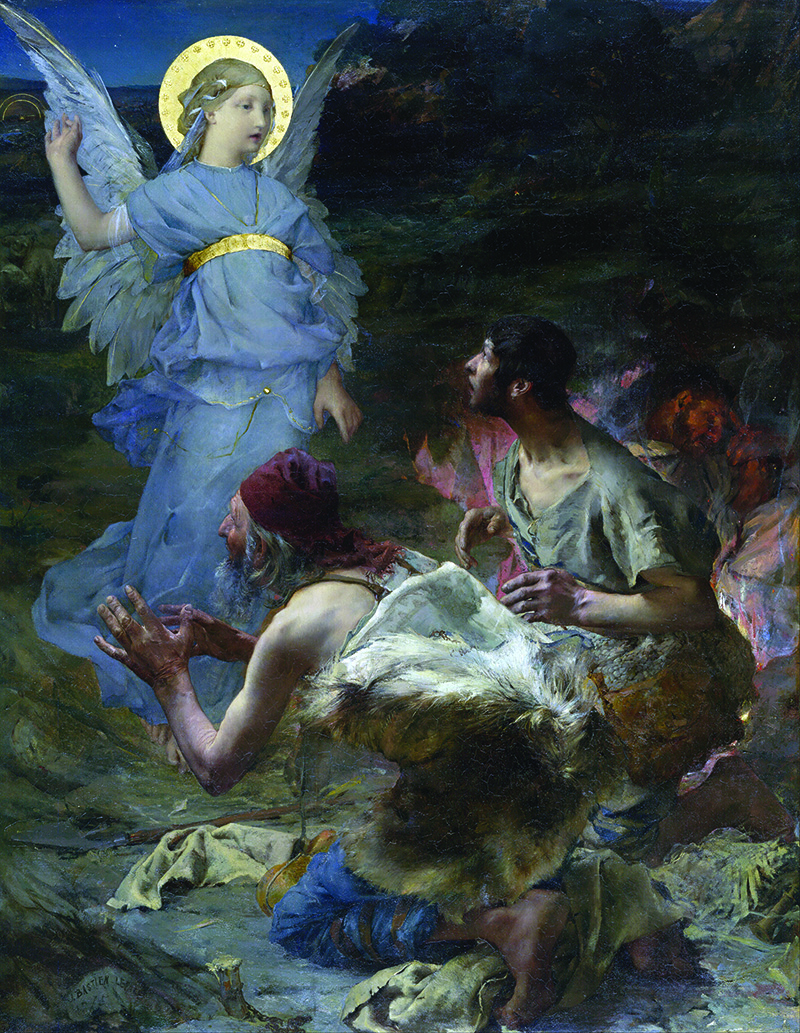
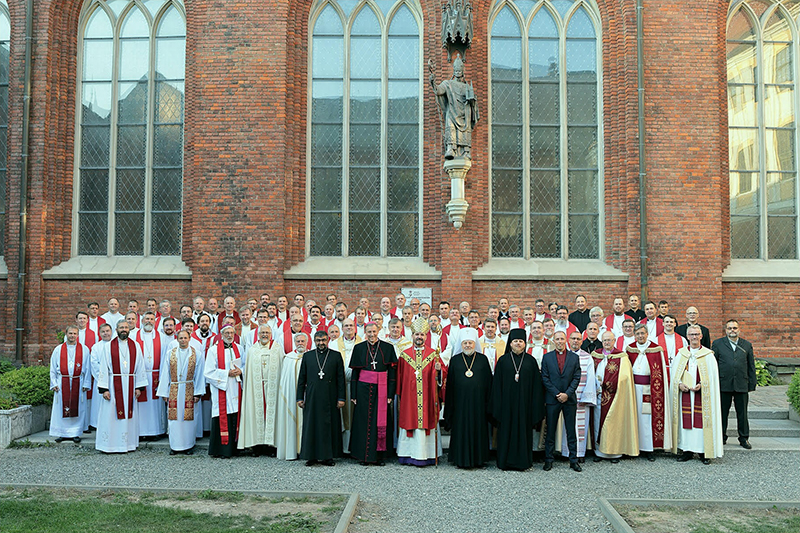
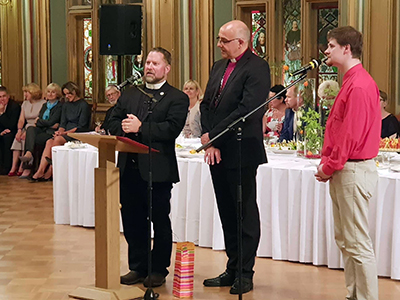
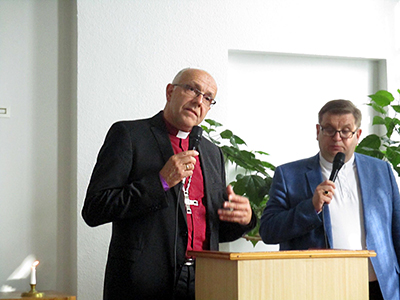
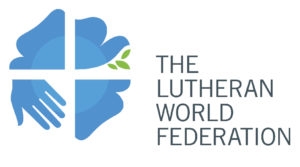
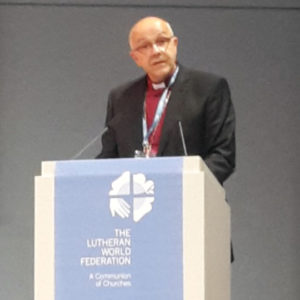
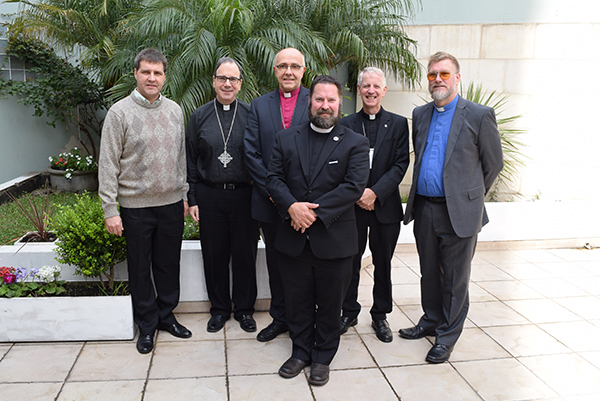
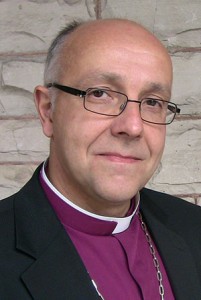 GERMANY – A year ago today, Bishop Hans-Jörg Voigt of the Independent Evangelical Lutheran Church (SELK) in Germany released a pastoral letter entitled “Discovering Marriage and Family as Gifts of God.” Its July 2 publication coincided with German observances of the Visitation of Mary to her cousin Elizabeth (Luke 1:39-56)—an appropriate day to consider the blessings of marriage and children.
GERMANY – A year ago today, Bishop Hans-Jörg Voigt of the Independent Evangelical Lutheran Church (SELK) in Germany released a pastoral letter entitled “Discovering Marriage and Family as Gifts of God.” Its July 2 publication coincided with German observances of the Visitation of Mary to her cousin Elizabeth (Luke 1:39-56)—an appropriate day to consider the blessings of marriage and children.